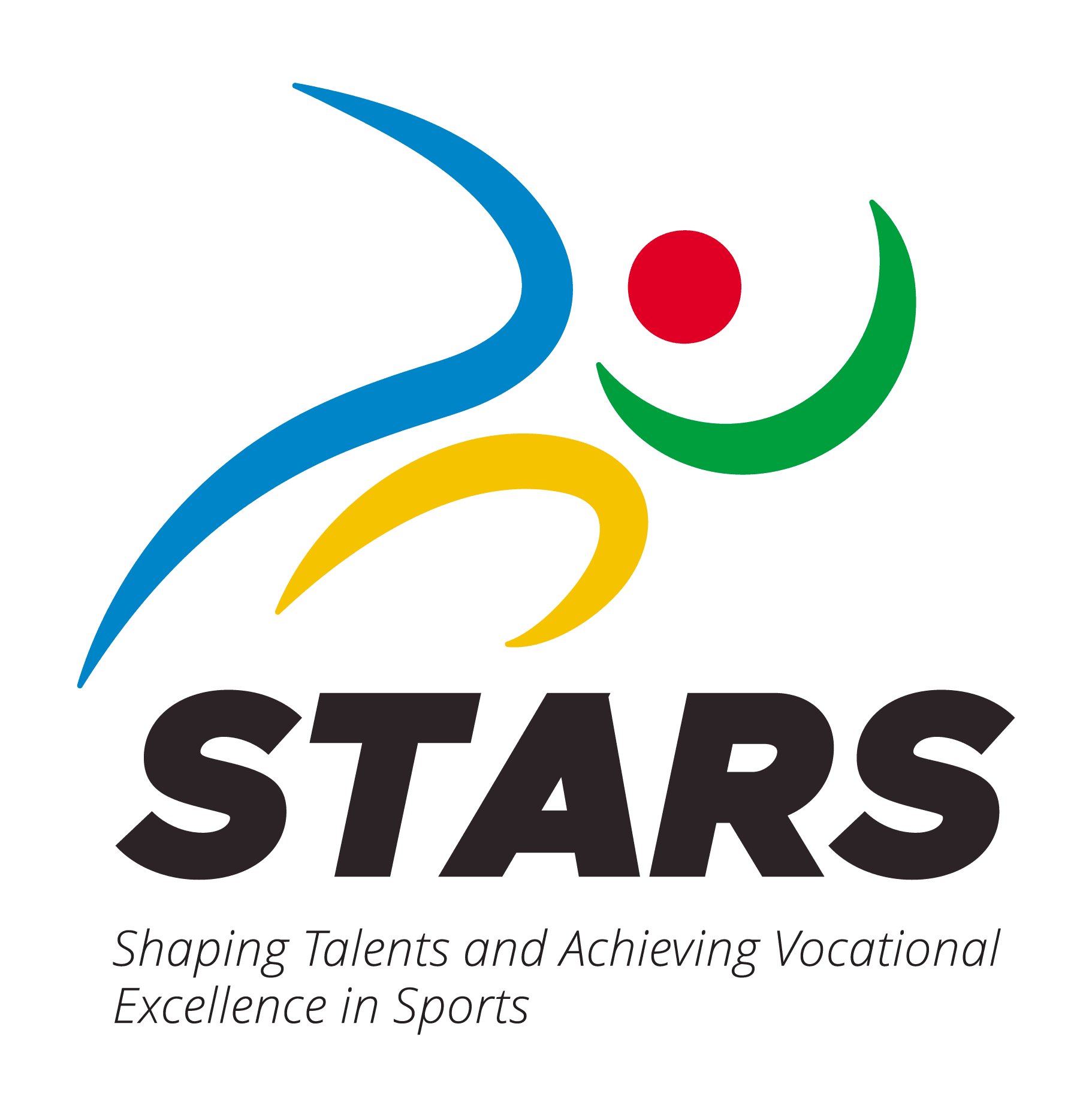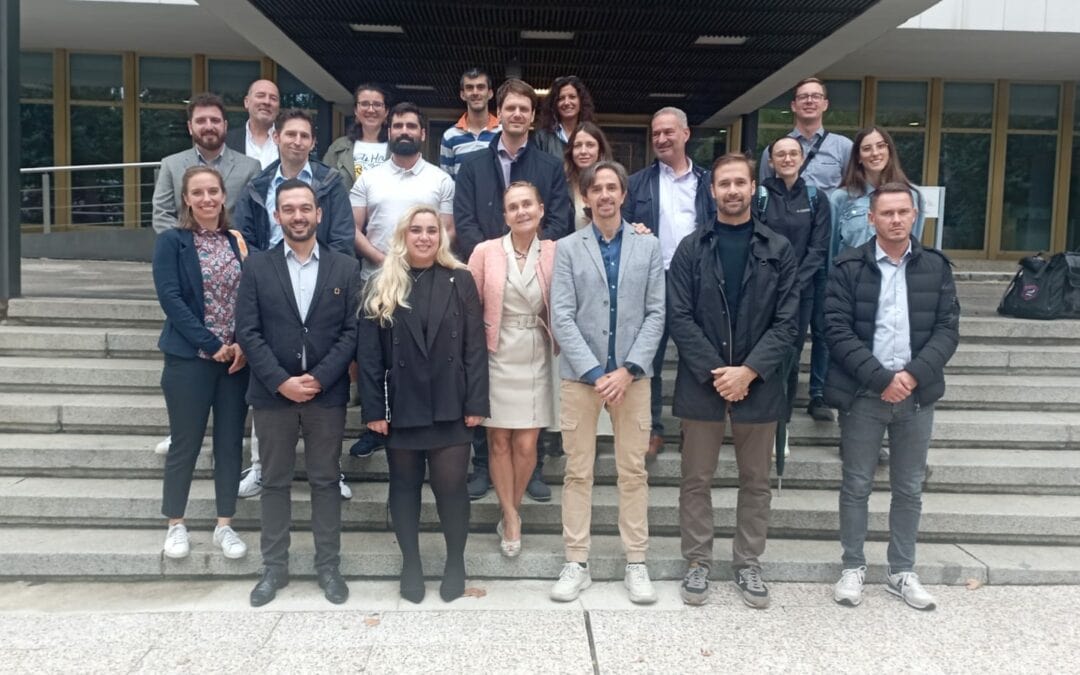The STARS project recently held a productive study visit from October 15th to 17th in Madrid, hosted by the Faculty of Physical Activity and Sport Sciences at INEF-UPM (Technical University of Madrid). This event brought together STARS partners to update on the project progress, discuss next steps and explore best practices in inclusion and dual careers for elite athletes. It was an inspiring three-day exchange aimed at deepening collaboration and advancing vocational excellence in the sport sector.
The event opened with warm remarks from Dr. Vicente Gómez, Dean of INEF – UPM, and Ms. Belén Lara, responsible for international relations at the Higher Sports Council of Spain. Participants had the opportunity to update one another on the progress of different work packages they are responsible for within the STARS project. EOSE’s Director of Standards, Ben Gittus, led the update on the creation of establishment documents for Regional and Large Skills Partnership for sport (RSPs and LSP). These Partnerships aim to align vocational training more closely with the actual skills needs in the sport sector, supporting the continuous development of sport professionals and relevant training programmes. The day concluded with a tour of the High-Performance Centre of the Spanish High Council of Sport, providing insights into Spain’s support and facilities for elite athlete development.
Day two highlighted the importance of inclusive vocational pathways and showcased Spain’s initiatives for supporting high-level athletes. This included an introduction to the High-Level Athlete Care Programme (PROAD) and the ADOP and its PROAD-Employment Programme for Paralympic athletes. The day also featured an engaging panel with four athletes who balance high-level sport with academic and professional pursuits, offering a personal perspective on the realities, challenges and successes of dual careers, a key priority area (Building Block) of the STARS Project, as well as a visit to a local VET school.
During the final day participants discussed upcoming tasks, communication activities related to the STARS project and attended events of the Inclusive Games, where competitions took place in a variety of sports, in innovative formats allowing disabled athletes to compete with and against the able-bodied, an innovative inclusive sport event. The visit concluded with reflection and closing remarks on the progress made and the way forward.
For a broader context on the STARS project and details of the previous study visit, please see our earlier article, visit the project website and follow the project on social media. We look forward to continued collaboration and future initiatives that build on the progress made during this visit and aim to transform sports education and training.

